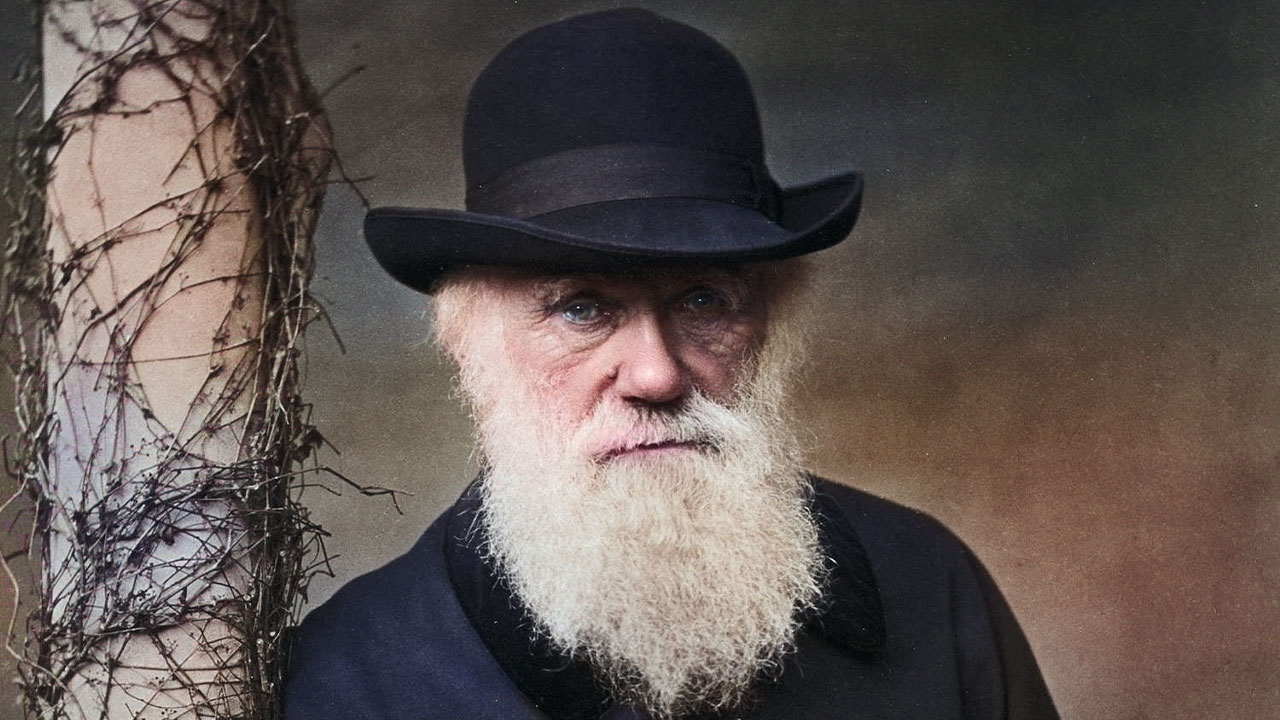sickofyourcrap.com – Charles Darwin is a name synonymous with the theory of evolution, a concept that has revolutionized the way we understand the natural world. Born on February 12, 1809, in Shrewsbury, England, Darwin was a naturalist, geologist, and biologist whose work laid the foundation for the modern understanding of the diversity of life on Earth. His most famous work, “On the Origin of Species,” published in 1859, introduced the scientific community and the general public to the theory of evolution by natural selection.
Early Life and Education
Darwin’s journey into the natural sciences began with a somewhat unconventional upbringing. His father, Robert Darwin, was a wealthy doctor, and his mother, Susannah Darwin, came from a family of notable intellectuals. Despite his family’s expectations that he would follow in his father’s footsteps and study medicine, Darwin found himself more fascinated by natural history.
He attended the University of Edinburgh with the intention of becoming a physician but was soon drawn to the study of natural history. His true passion was ignited when he transferred to Christ’s College, Cambridge, to study for the Anglican priesthood. It was here that he developed a keen interest in geology and biology, influenced by the works of geologists like Charles Lyell and naturalists like John Henslow.
The Voyage of the Beagle
The defining moment in Darwin’s career came in 1831 when he was invited to join the HMS Beagle as a naturalist on a surveying voyage around the world. The voyage lasted from 1831 to 1836 and took Darwin to South America, the Galápagos Islands, Australia, and Africa. It was during this journey that Darwin made observations that would later form the basis of his theory of evolution.
The diverse wildlife he encountered, particularly the finches in the Galápagos Islands, each with beaks adapted to their specific diets, provided him with a living laboratory to study the process of adaptation and speciation.
The Development of the Theory of Evolution
Upon his return to England, Darwin began to formulate his ideas on evolution. He was influenced by the work of Thomas Malthus on population growth and struggled to find a mechanism that could explain the diversity of life he had observed. It was the concept of natural selection that provided the answer.
Natural selection, as Darwin proposed, is the process by which organisms that are better adapted to their environment are more likely to survive and reproduce. Over time, these advantageous traits become more common in the population, leading to the evolution of new species.
The Publication of “On the Origin of Species”
Darwin’s theory of evolution by natural selection was not immediately accepted by the scientific community or the public. The idea that humans and other animals shared a common ancestor challenged the prevailing religious and scientific beliefs of the time. However, the meticulous research and evidence presented in “On the Origin of Species” gradually won over many skeptics.
The book’s publication marked the beginning of a new era in biology, one that sought to understand life through the lens of evolution. Darwin’s work laid the groundwork for modern genetics, ecology, and conservation biology.
Legacy
Charles Darwin’s contributions to science are immeasurable. His theory of evolution by natural selection is one of the most significant scientific breakthroughs in history, providing a unifying principle for the life sciences.
Darwin’s work continues to influence our understanding of the natural world, from the smallest microorganisms to the largest ecosystems. His legacy is a testament to the power of observation, curiosity, and the relentless pursuit of knowledge.
Conclusion
Charles Darwin’s journey from a young naturalist on the HMS Beagle to the originator of the theory of evolution is a story of intellectual courage and scientific rigor. His work has not only transformed our understanding of the natural world but has also challenged us to reconsider our place within it. As we continue to explore the mysteries of life, Darwin’s insights remain as relevant and groundbreaking as they were in the 19th century.
